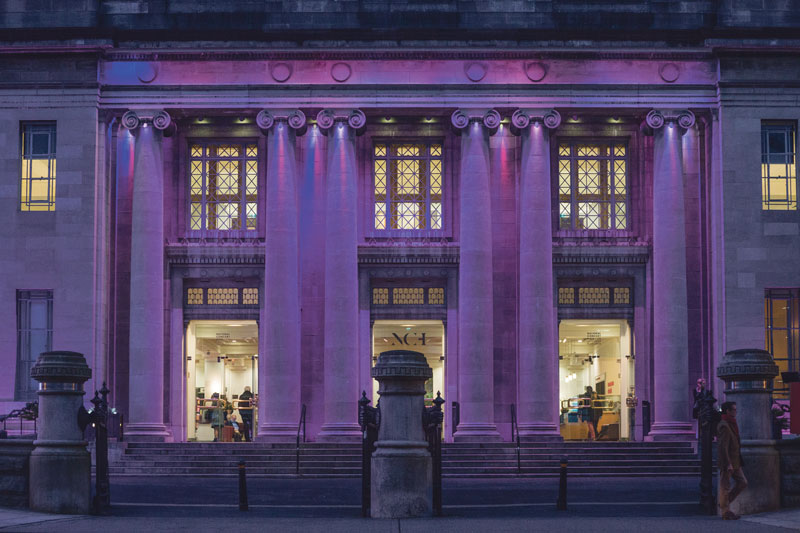
Tuesday, January 9th, 2018, marked the birth of the Irish National Opera. This may seem like a strange statement. After all, opera has been produced in Ireland for centuries, and its practitioners are widely acclaimed all over the world. However, 2018 marks the birth of the Irish National Opera company, created from the merging of two existing opera companies, Opera Theatre Company and Wide Open Opera, which have been producing opera in Ireland for a number of years. Led by Artistic Director Fergus Sheil and funded by the Arts Council, Irish National Opera unveiled an exciting new programme at its launch in the National Concert Hall.
Irish National Opera’s inaugural programme features a diverse array of classic and contemporary work. The year begins with Thomas Adés’s Powder Her Face, a co-production with Northern Ireland opera, about the Duchess of Argyll, the details of whose divorce case shocked 1960s British society. Adés’s latest work, The Exterminating Angel, recently premiered at the Met and was subsequently raved about. This opera ranks among the most performed by contemporary composers. Disappointingly, Irish National Opera’s 2018 programme features no work by female composers, but there is a definite feminist slant to the choice of work, with the female-led Aida capping off the year with a four-night production at the Bord Gáis Energy Theatre. Orla Boylan, the Irish soprano who will take on the notoriously demanding title role, displayed a thrilling teaser of the production at the launch night, giving a rendition of one of the opera’s best-known arias, “O patria mia”.
Following Powder Her Face, the first original production of the year is Mozart’s The Marriage of Figaro, which will run for four nights at the Gaiety theatre. During the summer, Gluck’s Orfeo ed Euridice will appear at the Galway Arts Festival, for four nights at the Town Hall theatre, with an all-female cast performing this tale of a man determined to rescue his wife from the Underworld. Donnacha Dennehy and Enda Walsh’s thrilling new opera The Second Violinist will travel to the Barbican in London at the start of September and, just two weeks later, the O’Reilly theatre will play host to The Tales of Hoffman, Jacques Offenbach’s unfinished masterpiece. The opera’s most notable aria, dubbed “The Doll Song”, will be performed by Claudia O’Boyle, who left the audience at the National Concert Hall in no doubt of her ability to hit the fabled A-flat at the top of “The Doll Song” after her coloratura delivery of “Sempre libera” from La Traviata.
Irish National Opera will be represented at the Dublin Theatre Festival by Bluebeard’s Castle, a lesser-known work by the Hungarian composer Béla Bartók about a young wife’s discovery of her husband’s dark secrets. It is perhaps telling that a great number of the year’s productions involve the difficult relationships between men and women, as well as the position of women in public positions, an indication that, while a great deal of opera’s repertoire may be old, its themes can remain fresh.






